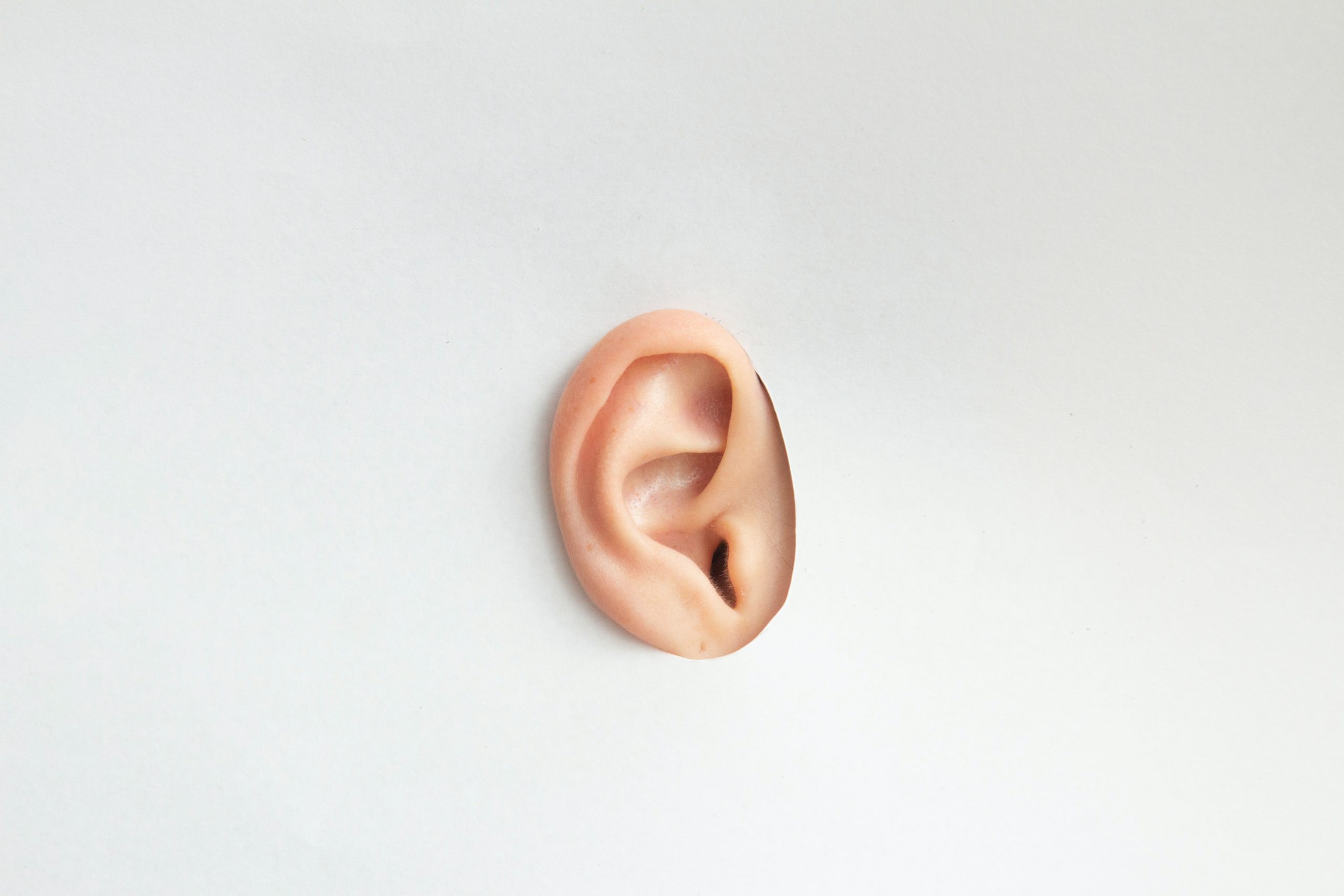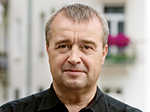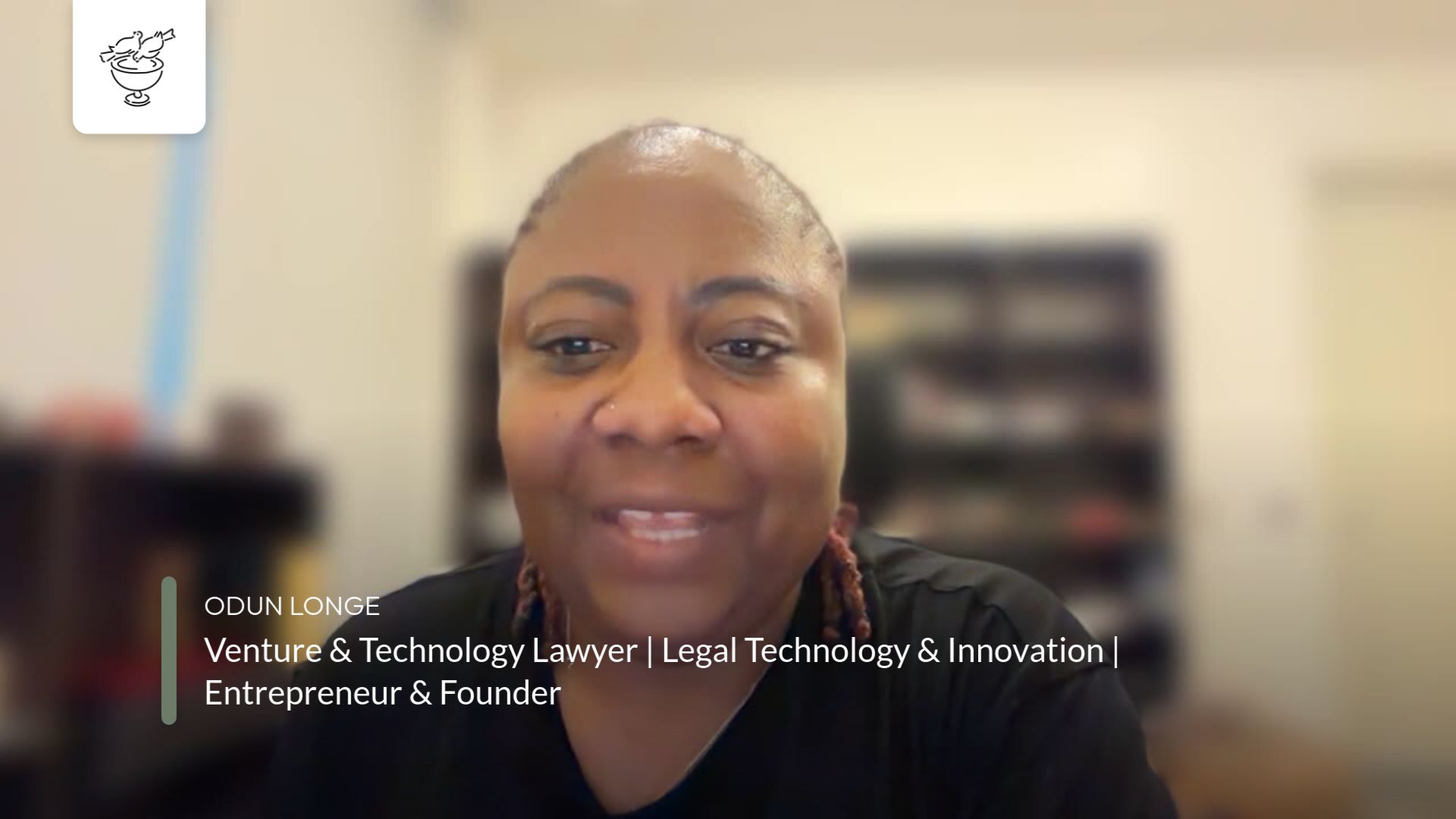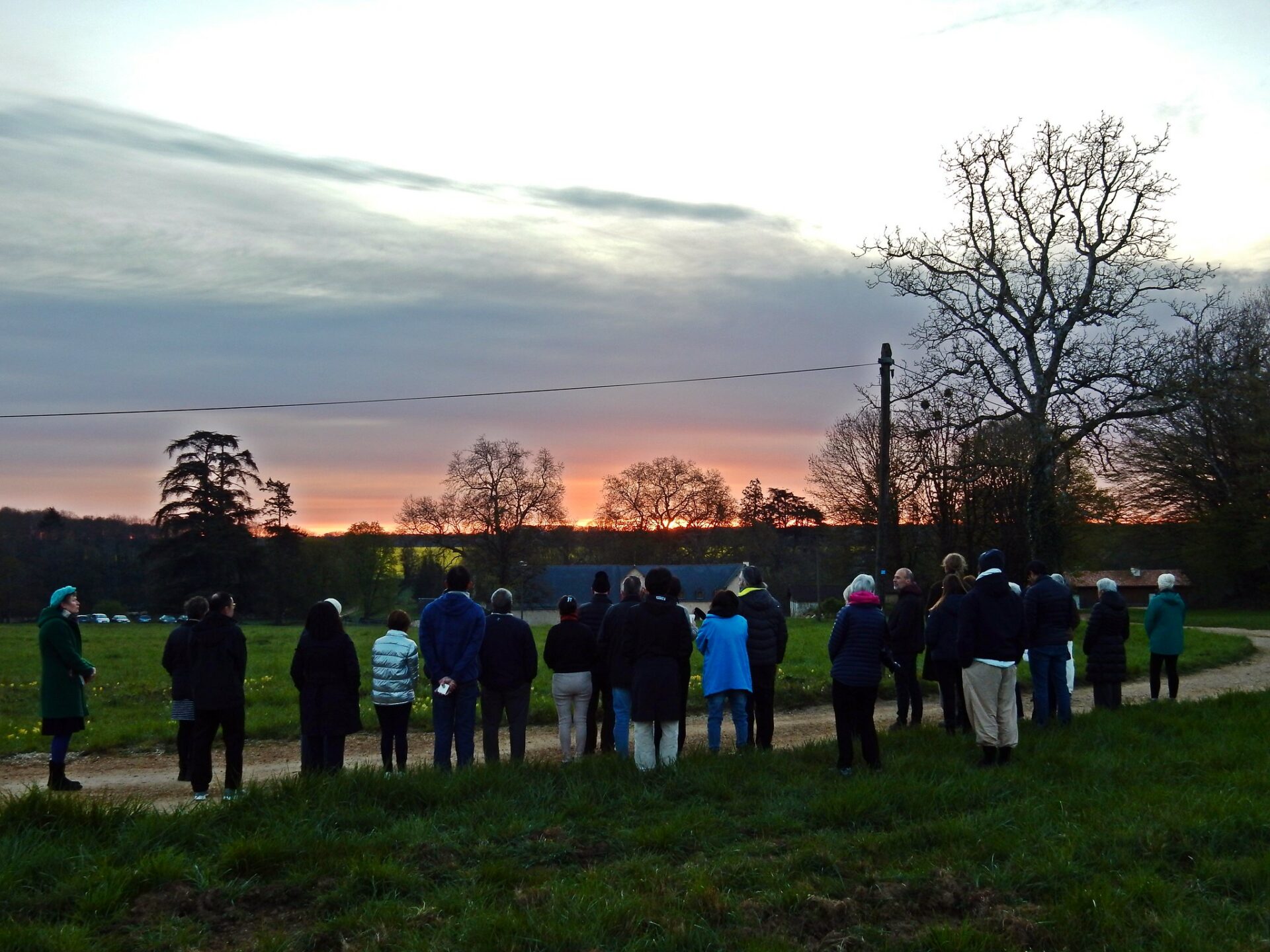Faith is the strength that enables meditation, Laurence Freeman OSB, Light Within
Meditation opens up our hearts for something bigger than ourselves. It allows us to stop clinging obsessively to ourselves, concentrating on what we lack and what we need, and on our problems.
Recently I have been asked why I prefer meditation to prayer. I answered without hesitation: “But meditation is prayer!”.
I also met a young man, a member of a Buddhist community. When I told him that I am a member of a Christian Meditation group, he was surprised to hear that there is such a practice in Christianity. I told him about monologue prayer (the 3rd century) which involves repetitions of a short formula, kind of „chewing” the Word, while attention is focused on breathing. I mentioned the prayer of Jesus and hesychasm – a spiritual tradition of Eastern Christianity that emphasizes attempts to experience inner silence and to unite with God. And I mentioned Christian Meditation, which John Main OSB taught about in the 20th century.
The man said that if he had know all this before, he wouldn’t have become a Buddhist.
1. In my meditation group there are people who hadn’t participated in religious practice at all before they started meditating. “I am not interested in all these masses and prayers at all. They are some additions” – I heard. Having been practicing meditation for many months, now she regularly receives the sacraments.
Meditation opened up her heart for something bigger than herself. It allowed her to stop clinging obsessively to herself, concentrating on what she lacks and what she needs, and on her problems. It allowed her to detach from what she thought was herself but in fact it was not. She resigned from her own expectations and let God act. Meditation became her path of faith; and – although she didn’t realize this at the beginning – an act of faith.
A person prays when they forget about their desires and ego. When asked what she told God in her prayer, Mother Theresa answered that she said nothing – she listened. And what does God tell you? “He says nothing. He listens”.
To meditate means to listen.
2. “Hear, O Israel! The LORD is our God, the LORD alone! Therefore, you shall love the LORD, your God, with all your heart, and with all your soul, and with all your strength. Take to heart these words which I enjoin on you today.”
These are the words of a canonical text of Judaism, one of the two most important Jewish prayers, Sh’ma.
The Gospel according to Mark reads as follows: „One of the scribes, when he came forward and heard them disputing and saw how well he had answered them, asked him, »Which is the first of all the commandments?«. Jesus replied,»The first is this: Hear, O Israel! The Lord our God is Lord alone! You shall love the Lord your God with all your heart, with all your soul, with all your mind, and with all your strength«”.
Before we start listening, we have to stop talking; stop the stream of words and stop flooding God with a cascade of words. It is difficult. We feel we need to talk all the time, otherwise we might be misunderstood, our needs will not be expressed and our problems will not be noticed. In meditation we learn that „your Father knows what you need before you ask him”.
3. Father Leon Knabit has said recently: first, it is “hear” (even people with good hearing often do not hear). Then „listen” (try to make sense of what has been said). And finally, it is “obey” (put into practice, act according to what you have heard).
In Hebrew prayer, in its third verse, it is said “upon heart”. Why? According to Rabbi Boaz Pash – because our hearts are not always ready to receive the Word of God. It will get into the heart when we open up for it. Then we will listen and obey. We will obey and be obedient.
Meditation makes us ready, it teaches us obedience which involves discipline and humility.
Without discipline there is no spiritual life. Meditation is an infinite discipline. It is impossible to meditate once and enough, or once in a while. Just like it is impossible to eat once and enough or sleep once in a while. Meditation has no end and it has no aim other than to open us for God’s presence in every moment of our lives.
4. Meditation is a selfless act of faith. Indeed, psychological research (neuroimaging in particular) indicates a lot of „benefits” of meditation. It is not clear in which tradition the participants meditated; literature however most often refers to mindfulness meditation.
However, Christian Meditation, which is prayer, cannot be juxtaposed with meditation techniques that are used in order to achieve some aim. Even Buddhist masters look with reserve at treating meditation practice in a utilitarian way. In some story master Kodo Sawaki, asked by his adept if practice would improve his self-confidence and make him fearless, answered that it definitely would not, since „zazen (meditation) is completely useless”.
We know that meditation leads to increase in grey matter in a brain, improves attention, reduces anxiety, reduces the negative effects of stress, reduces blood pressure or cholesterol, improves emotional processes, etc. But we know that although it is useful, it might as well be fruitless. Since the real fruits of meditation are the gifts of the Holy Spirit.
However, the most important „effect” of meditation is not what we receive but what we lose. Mother Therese said: „I love Him not for what He gives me but for what He takes from me”. Israeli philosopher Rabbi Jeszajahu Leibowic told the following story: „A very intelligent woman told me how she had become a very religious person. Her youngest son came down with a serious illness and doctors almost lost their hopes for saving his life. She prayed to God asking Him for health for her boy. And he recovered. »I believed when my son recovered with God’s help« – she said. And I told her that I knew a mother who said: »I believed when my son died with God’s help«. The woman pondered and said: »Thank you for opening my eyes so that I could see the real sense of faith«”.
It is what we learn in meditation: selfless faith. Opening for trust that is the foundation of every faith.
5. Henri J.M Nouwen, a Dutch priest, writer and lecturer, describes his fascination with circus acrobats’ performance. They know that „letting go of the bar, they are able to fly towards the next bar”; that first they need to let go of their bar and, flying in the air, they just need to let their partner catch them – not to try to catch them themselves first as this could put both acrobats in danger. You need to trust and this trust is mutual.
Nouwen drew a lesson for himself that what we often consider to be a loss – is not one. “Losing our grasp, we gain something” – he wrote; „letting objects, plans or people get out of control allows us to enter the life full of new and unexpected freedom with all the risk it involves”.
When we sit for meditation – letting go of our expectations and plans; resigning from controlling thoughts and feelings; standing before God just as we are; repeating one sacred word, formula or mantra (which are the same but named in different ways); simplifying our thoughts – we learn to trust God’s Love and Mercy.
The essence of meditation is well reflected in Psalm 131: “LORD, my heart is not proud; nor are my eyes haughty. I do not busy myself with great matters, with things too sublime for me. Rather, I have stilled my soul, hushed it like a weaned child. Like a weaned child on its mother’s lap, so is my soul within me”.





